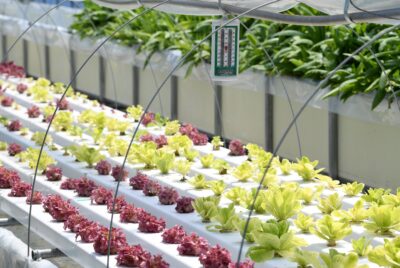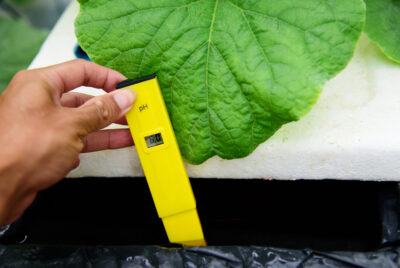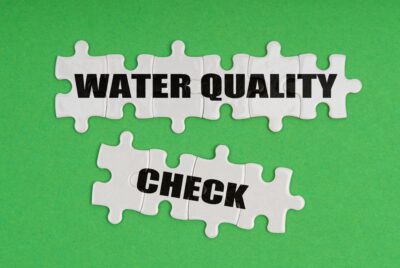Hydroponic Water Chillers
We may earn a commision from purchases made using our links. Please see our disclosure to learn more.
Understanding Hydroponic Water Chillers.
Have you ever wondered how you can maintain an ideal water temperature in your hydroponic system? The answer lies in a unique piece of equipment known as a hydroponic water chiller. We will discuss the different types of Hydroponic Water Chillers and how to choose the right one for you.
Importance of Water Temperature in Hydroponics
Water temperature in hydroponics isn’t just about keeping your plants comfortable; it’s vital for their survival and growth. Optimal water temperature facilitates better nutrient absorption, oxygen availability, and root growth, among other things. But how can we maintain this ideal temperature? That’s where our hero – the hydroponic water chiller – comes into play.
The Role of Hydroponic Water Chillers
What is a Hydroponic Water Chiller?
A hydroponic water chiller is a device that cools the hydroponic fertilizer solution in your hydroponic system, helping to maintain an optimal water temperature for plant growth. Think of it as an air conditioner for your hydroponic system!
Why Use a Hydroponic Water Chiller?
Ever wondered why plants wilt in excessive heat? It’s because higher temperatures reduce oxygen levels in the water, leading to poor nutrient uptake and potential root diseases. By maintaining an optimal water temperature, hydroponic water chillers ensure your plants remain healthy and productive.
Types of Hydroponic Water Chillers
Drop-In Chillers
Drop-in chillers have a probe or coil that you directly place in the nutrient reservoir. They are simple to install, but may not be as efficient for larger hydroponic systems.
In-line Chillers
In-line chillers, on the other hand, are installed within the system’s water line. They offer excellent chilling performance but may require a bit more setup.
Thermoelectric Chillers
Thermoelectric chillers utilize the Peltier effect to produce a heat flux between the junction of two different types of materials. They are energy-efficient and great for smaller hydroponic setups.
Factors to Consider When Choosing a Hydroponic Water Chiller
Size of Your Hydroponic System
Choosing the right chiller starts with understanding the size of your indoor hydroponic system. Bigger systems generally need more powerful chillers.
Ambient Temperature
The temperature of the room where your system is located also plays a role in deciding the kind of chiller you need. If your room gets pretty warm, you might need a more potent chiller.
Budget and Efficiency
Cost and energy efficiency are also essential factors. More efficient chillers may cost more upfront but can save you money in the long run.
Maintaining Your Hydroponic Water Chiller
Regular Cleaning
Just like any other machine, regular cleaning is vital to keep your chiller running smoothly and efficiently. Neglecting this can lead to reduced efficiency and potential system failures.
Proper Positioning and Ventilation
Proper ventilation is key for efficient chiller operation. Also, avoid placing it in confined spaces where it might overheat.
Conclusion
Water chillers are a valuable tool for any serious hydroponic gardener. Along with the correct hydroponic instruments and controllers, They ensure your plants are always in the most conducive environment for growth. Always remember, that a cooler root zone means happier, healthier plants. Ready to give your hydroponics an icy upgrade?
FAQs
What is the ideal water temperature in hydroponic systems?
The ideal water temperature for most hydroponic systems is between 65-70 degrees Fahrenheit (18-21 degrees Celsius).
How often should I clean my hydroponic water chiller?
You should ideally clean your hydroponic water chiller every 3-6 months, depending on the usage and water quality in your system.
Can I use a regular air conditioner instead of a hydroponic water chiller?
No, a regular air conditioner can’t replace a hydroponic water chiller as it can’t cool the nutrient solution directly.
Are water chillers energy-efficient?
Water chillers vary in energy efficiency. Typically, thermoelectric chillers are more energy-efficient than drop-in and in-line chillers.
How can I increase the lifespan of my hydroponic water chiller?
Regular cleaning, proper ventilation, and not overloading the chiller can significantly increase its lifespan.





Comments are closed.